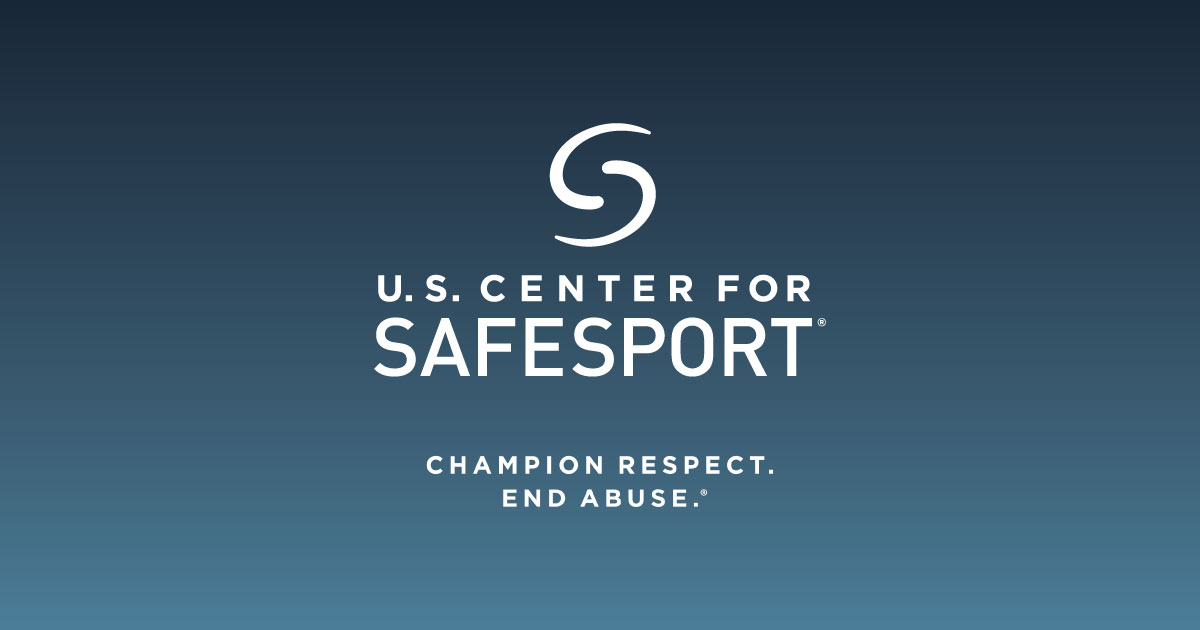
Some survivors of abuse may voluntarily, indirectly, unintentionally, or accidentally disclose.
Some may be forced to disclose due to legal or reporting processes.
A letter to those who want to know,
It’s hard for a loved one to understand what appropriate boundaries are when it comes to tough conversations about abuse.
As someone who has been forced to disclose by a loved one, I can personally say that the experience will forever define who I am as a person. In moments of forced disclosure, I wanted to die. Reliving the pain was excruciating. And I know because of these moments, there are parts of my heart and soul that will never be as they once were.
I think about how my life would have changed in these moments if I was never forced to disclose anything I wasn’t ready to talk about. And… if I was ready, how parts of me may have healed if the person listening had met me with love, compassion, empathy, and understanding.
All I can say is that if you are a loved one, a partner, a spouse, a boyfriend or girlfriend, a sibling, a parent – do not force the person you love to tell you what happened to them. If you do, you are dragging a jagged blade across their already weeping wounds. It might be confusing, it might feel like betrayal, you might feel entitled to know – let me tell you this – when it comes to this information, you are not entitled to a thing. And that is a reality you have to deal with. You do not have the right to hurt and retraumatize the person you claim to love out of your selfishness or burning curiosity. And the discomfort that you might feel because of this reality is not the fault of the person you love, it is the fault of the perpetrator.
Sincerely,
An athlete for change
The process of disclosing any information is often interactive and ongoing in that the person disclosing the information is constantly in tune with how the information is being received. (1)
Disclosure can also be a catharsis in which the experiences and the aftermath bubble up and overflow. The disclosure process, or lack thereof, can also be retraumatizing and distressing. And we know that disclosure can help build connections, heal, and provide opportunities for supportive resources.
This can apply to the disclosure of any type of abuse, neglect, or traumatic event that has happened to you in your lifetime, as an adult or child. And this applies to disclosing to a friend, family member, significant other, boss, coworker, therapist, law enforcement, coach, teammate, etc.
What is forced disclosure? It’s simply being coerced or pressured to divulge sensitive, personal, and potentially deeply traumatic information. Forced disclosure can happen to children and adults when they feel they must reveal their experiences. This can occur with service providers, family, friends, coaches, etc.
For minors disclosing, be aware of mandated reporting laws in your jurisdiction. If you disclose to a mandated reporter, they will be legally required to make a report.
- Click here for more information on mandated reporting.
- Educate yourself, to the best of your ability, on your rights. You can seek out resources and support from the Courage First Athlete Helpline.
- Surrounding disclosure, to the best of your ability, prioritize self-advocacy. You can ask for an advocate, a different worker, a therapist, a staff member, etc. You can ask for what you need in terms of supportive resources, boundaries for the conversation, and to be informed about the process.
For the adults disclosing, remember it is always your choice on how and what to disclose and to whom.
- Consider why you are disclosing and what outcomes you hope for. (2)
- Confirm you have supportive resources, feel safe, and have developed ways to care for yourself.
- Prepare for difficult responses and be ready to ask for what you need.
For supporters of someone who has disclosed, or you suspect they have something to disclose, take heed from the letter above and keep the following in mind:
- The disclosure experience is extremely important and impactful to the person disclosing. Many things can impact someone’s disclosure timeline, approach, and decisions. How they are perceived and the responses they receive can carry great weight and impact their further actions, behaviors, and mental health. (3)
- There are many factors and considerations taken into account when someone discloses abuse. These may include fears of not being believed, concerns of backlash and punishment, hurting the feelings of others, feelings of shame, confusion, and/or guilt, being questioned, and being told it was their fault.
- Be trustworthy, safe, and competent in responding to disclosures. Click here for more information on best practices, a practice role play, and supporting survivors.
Remember, disclosure can be a beneficial process but has potentially negative consequences, especially if the experience is through force or duress. It is important to be aware of the circumstances and consequences of disclosure and mandated reporting. Above all, we must show compassion to survivors, empower them, and keep them as the primary focus.
If you are in need of immediate support, visit our crisis resources.
Kathryn McClain, MSW, MBA
Program and Partnerships Director at #WeRideTogether
Michaela Callie, MBA
Executive Director at #WeRideTogether
Resources:



-min.jpg)
